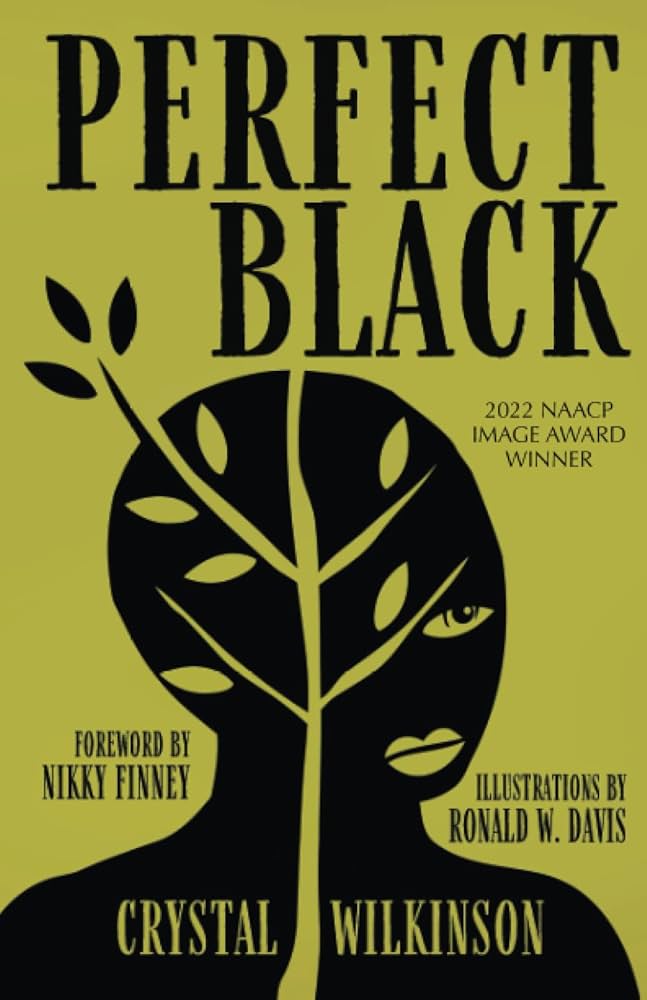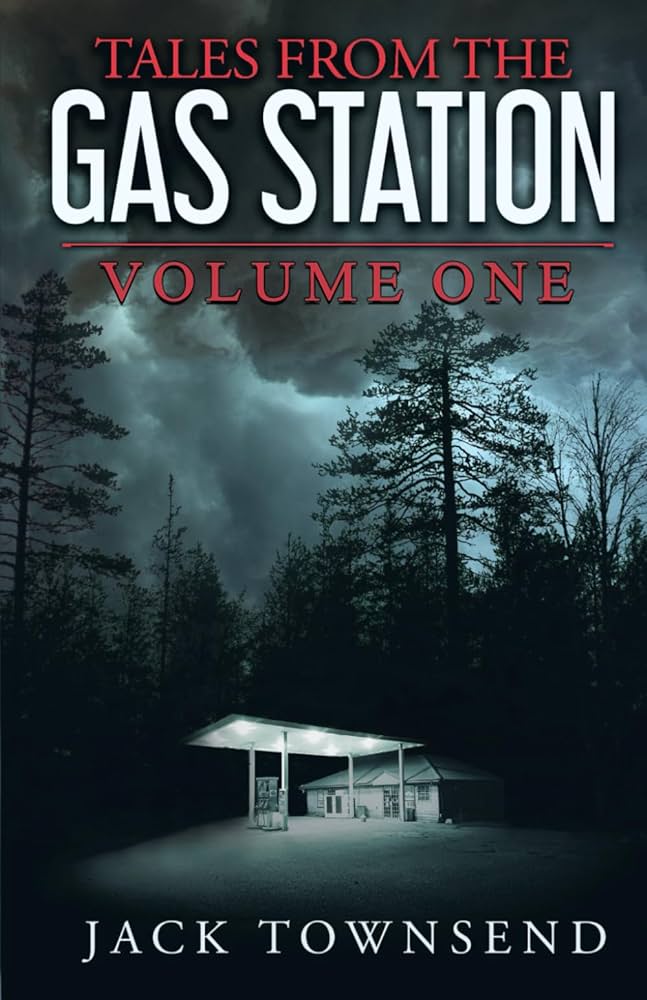Find the best library databases for your research.
Wampler Library Guides can serve a variety of functions for both instructor and student by containing pertinent information and resources to specific subjects and fields. These guides typically include curated lists of recommended books, databases, websites, and other resources, often with helpful tips, tutorials, and research strategies to aid patrons in their academic or research pursuits.
Choose up to 5 packets of seeds per visit.
Stop by the front desk so we can check them out for you.
Plant
Enjoy!
Harvest seeds and return some to us (optional, but appreciated)
Repeat
Check the internet or our collection of gardening books for any planting instructions.
Virginia residents who are not enrolled at MECC can borrow books with a community member account.
Search online library catalog.
5.12: LIBRARY SERVICES AND POLICIES
The mission of the Wampler Library is to provide materials and services which support not only the educational programs of the College but also provide broad exposure to various disciplines, cultures, and ways of understanding. The library houses over 179electronic research databases licensed by the VCCS and the Library of Virginia, as well as the vast electronic resources of VIVA (The Virtual Library of Virginia). All library collections are accessible online at https://www.mecc.edu/library/.
There are 39 public access computers in the library that are provided for conducting research and for completing self-paced instruction, classroom assignments, or personal projects. Enrolled students can access online library resources from off-campus via the Internet. The library staff provides circulation, reference, and interlibrary loan services, as well as technical assistance with the computers and computer software. The library staff also provides information literacy instruction for using the library's collections and services for research. Books, magazine articles, or other materials, which are not owned by the Wampler Library can usually be obtained through interlibrary loans. All interlibrary loans are free; the library pays any charges for them.
5.12.1: LIBRARY CARDS
Students, faculty, and staff must have an ID card to check out materials from the Wampler Library. ID cards are made in the library. . There will be no charge for copies. ID cards are made in the bookstore. Local residents who are not students at MECC are welcome to use the Wampler Library and to check out materials but must have valid photo identification to obtain a library card. Community library cards are provided free of charge.
5.12.2: LIBRARY MATERIALS AND CIRCULATION PERIODS
5.12.3: LIBRARY LATE FINES AND MATERIAL REPLACEMENT FEES
No late fines are charged at Wampler Library; however, as a reminder, students and community residents will receive three overdue notices when library materials have not been returned by the due date. The first two notices will be sent to students' e-mail accounts. When the third and final notice is mailed, students will be blocked, which means they will not be able to receive a financial aid refund or obtain an official college transcript until the library materials have been returned or replacement costs have been paid. The unreturned materials are considered lost and a replacement cost is added to the students account. The replacement cost includes the purchase price of the materials plus a processing fee of $5.00 per item for book jacket covers, spine labels, barcodes, date due pockets and cards, and cataloging service fees.
Students and community residents who have outstanding library materials will not be allowed to check out additional items from the library until the unreturned materials have been addressed unless special permission has been granted by the staff based upon communication from faculty for them to do so.
Please note that according to The Code of Virginia, unreturned library materials are considered theft of public property of the Commonwealth of Virginia. As required by the Commonwealth of Virginia, unpaid debts for overdue library materials will be submitted to the Virginia Department of Taxation under the Set-Off Debt Collection Program, with the debts deducted from the individual's state income tax refund or lottery winnings.
5.12.4: INTERLIBRARY LOANS
If you need a book or magazine article that is unavailable in the Wampler Library, the library staff will place an interlibrary loan request for the item. Be sure to make interlibrary loan requests at least two weeks before an assignment is due. All interlibrary loans are free. The Wampler Library covers any charges for them.
5.12.5 PHOTOCOPIES AND COMPUTER PRINTS
A photocopier, scanner, and a computer printer are provided in the library for student use. AAllAll copying must be in compliance with the United States Copyright Act.
NOTICE WARNING CONCERNING COPYRIGHT RESTRICTIONS
The copyright law of the United States (Title 17, United States Code) governs the making of photocopies or other reproductions of copyrighted material. Under certain conditions specified in the law, libraries and archives are authorized to furnish a photocopy or other reproduction. One of these specified conditions is that the photocopy or reproduction is not to be "used for any purpose other than private study, scholarship, or research." If a user makes a request for, or later uses, a photocopy or reproduction for purposes in excess of "fair use," that user may be liable for copyright infringement. This institution reserves the right to refuse to accept a copying order if, in its judgment, fulfillment of the order would involve violation of copyright law.
5.12.6 LIBRARY COLLECTION DEVELOPMENT POLICIES
The collection development policy statement serves as both a planning tool and a communication device. This policy guiding the development of the Wampler Library's collection enables selectors to
work with consistency toward defined goals, thus shaping stronger collections and using limited funds more wisely, informs faculty, students, administrators, and others as to the scope and nature of existing collections, and the plans for continuing development of resources; and provides information which will assist in the budgetary allocation process.
Since a library is not a static institution, no policy statement can be final and definitive. Collection development must reflect the changing nature of the institution and its programs and curricula; therefore, the collection development policy statement will be reviewed periodically.
5.12.7 PURPOSE AND CLIENTELE:
The Wampler Library's collection is developed to provide students and faculty with access to materials which not only support the educational programs and appropriate research activities of the College but also provide broad exposure to various disciplines, cultures, and ways of understandings. Local residents are welcome to utilize the resources of the Wampler library; however, their needs are not addressed specifically in the development of the academic collection with the exception of special collection and archives.
5.12.8 SUBJECT BOUNDARIES:
The Wampler Library supports the programs of study as outlined in the College catalog. These instructional programs are supported by retrospective collections of standard works as well as by the addition of pertinent current publications. As new courses and curricula are added at Mountain Empire Community College, appropriate materials will be added to support them.
5.12.9 NEEDS SUPPORTED:
The major emphasis of the library's collection development is on providing materials at an introductory, undergraduate college level in support of the College's programs of study. The "Open Door" policy of the College allows admission of students with widely varied educational backgrounds; therefore, the library provides materials to support diverse interests and educational levels. Developing an exhaustive research collection is beyond the scope of this academic collection.
Mountain Empire Community College's highly selective basic collection serves to introduce and define subjects and to indicate the varieties of information available elsewhere. Professional development of the faculty is supported to a degree; however, the sophisticated research materials needed by the faculty are obtained through interlibrary loan with OCLC and through the electronic resources provided by the Virtual Library of Virginia.
5.12.10 PRIORITIES AND LIMITATIONS:
5.12.11 NON-BOOK MATERIALS:
Non-book materials in a variety of formats are collected to support the instructional programs of the College. Primary responsibility for selection of non-book materials rests with the faculty. Non-book materials should always be previewed before purchase. These materials must meet the same types of standards as those used to evaluate books for purchase with additional considerations such as suitability for application, quality of production, appropriateness of format to topic, type of equipment required for use, and quality of instructor's manuals.
5.12.12 RESPONSIBILITY FOR COLLECTION DEVELOPMENT:
Responsibility for the selection of library materials for the College lies with the entire college community. Faculty members are largely responsible for recommending the acquisition of materials in their subject fields. Any member of the faculty or staff may request that an item be added to the library collection. Students may also submit recommendations for purchases. Specific amounts of money from the acquisitions budget are not allocated to the divisions; however, faculty members are provided, upon request, with a general figure as a guideline for helping them to determine their priorities for materials selection. The College must encourage individual faculty member's interest in and commitment to developing the library collection to insure the building of a comprehensive collection. Responsibility for coordinating the collection as a whole; for aiding the faculty with bibliographic assistance; and for making judgments as to format, degree of completeness, and number of copies of materials of materials to be acquired rests with the Director of Library Services.
5.12.13 EXTERNAL FUNDING, DONATIONS, AND GIFTS:
Any external funding pursued by the Wampler Library will be in accordance with Section 1.14 of the MECC Policy Manual, and any offers of non-monetary gifts will be considered by college administration in accordance with Section 1.15. The library welcomes donations of materials related to Appalachian culture but reserves the right to accept or decline based on the collection's needs and space limitations. Donations will be evaluated using the same criteria as purchased materials.
5.12.14 COLLECTION EVALUATION, REVIEW, AND PRESERVATION:
Materials will be regularly evaluated to ensure the collection remains relevant, accessible, and reflective of the needs of the community. Items that are outdated, damaged, or no longer in demand may be removed in accordance with state policies and with consultation of appropriate members of the College faculty.
5.12.15 INTELLECTUAL FREEDOM:
Development of the library collection should be made on the basis of positive selection, rather than on rejection and restriction, in accordance with the Library Bill of Rights of the American Library Association (attached). The Library Bill of Rights affirms the responsibility of libraries to present a fair and unbiased coverage of important subjects -no matter how controversial -in their collections. The Wampler Library asserts its duty to include in its collection a representative selection of materials on all subjects of interest to its users, including materials on all sides of controversial questions. Materials on any subject published by a reputable publisher which meet the previously stated evaluative criteria are properly admitted to the library collection. The Wampler Library affirms its responsibility not to emphasize one subject at the expense of another or to emphasize one side of a subject exclusively. No attempt to censor or purge reputable library materials on race, sex, religion, political theory, or any controversial subject will be countenanced by the library staff. All children under the age of fifteen must have parental permission to obtain borrowing privileges; the children's parents or guardian are then responsible for their children's use of any of the resources or services offered by the Wampler Library.
Revised: 02/01/2025
Reviewed by VP AAWS Team: 02/01/2025
Library staff is available for Information Literacy Instruction (ILI) sessions! Topics range from citation and electronic research resources to deep web mining and advanced information search and retrieval techniques, but specialized sessions can be customized for any ILI topic and class length.
Whether you need a session or workshop for a regular on-campus class, a faculty meeting in an academic department, an off-campus session for dual enrollment classes, or any other MECC-affiliated or community organization, call 276-523-8220 about scheduling an Information Literacy Instruction session.
|
Staff
|
|
Phone |
|
Meg Wilson, Director of Wampler Library
|
mwilson@mecc.edu | (276) 523-9094 |
| Krisanne Hickman, Library Specialist |
khickman@mecc.edu | (276) 523-9095 |
| Alison McCarty. Library Specialist | amccarty@mecc.edu | (276) 523-9096 |
| Wampler Library | Hours |
|
Robb Hall 2nd Floor
3441 Mountain Empire Road
Big Stone Gap, VA 24219 276-523-7468 |
Spring & Fall Semesters Monday to Thursday- 8 a.m. to 6 p.m. Friday – 8 a.m. to 4:30 p.m. Intersession & Summer Semesters Monday to Friday – 8 a.m. to 4:30 p.m. |



